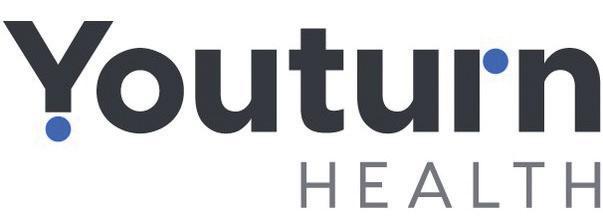Your Dedicated Supporters in the Journey of Recovery
by Rich Jones
While traditional treatment for substance use disorder (SUD) works, it only works for the small fraction of people who seek help.
SAMHSA reports that only 6% of people with SUD get treatment. How do we reach the other 94%? And how do we keep them engaged in recovery?
Peer recovery coaching programs can help fill this gap by providing certified and trained professionals who give non-clinical support to engage and educate individuals and their family members struggling with SUD. Peer coaches leverage their lived experience battling and recovering from substance use or mental health issues to connect with an individual in the same situation.
Peer recovery coaches also provide evidence-based information and resources. They use harm reduction and motivational interviewing techniques and their own lived experience – the same as the person they are coaching – as well as family and community programs to deliver effective, compassionate support. Additionally, coaches support family members of individuals struggling with addiction, regardless of how engaged that family member is in their own recovery, by providing a baseline education on topics like substance misuse, boundary setting, and self-care.
These interactions help individuals struggling with substance misuse and their family members stay engaged in the recovery journey, maintain a positive outlook, and develop new behaviors and social support that sustain accountability.
It’s crucial to remember that substance use disorder is a chronic disease. To achieve success, staying engaged is key, and peer coaching plays a significant role in ensuring that engagement. In fact, a clinical trial conducted by Clemson University and the University of South Carolina School of Medicine revealed that individuals with a peer recovery coach experienced an astounding 89% engagement rate in their recovery, compared to only 11% without such support. Peer recovery coaches are only one tool part of a recovery toolkit, and in future articles we’ll talk about other tools and how to reach out to someone in need.




